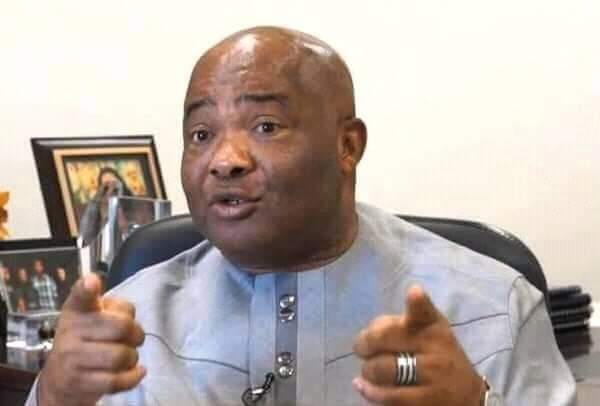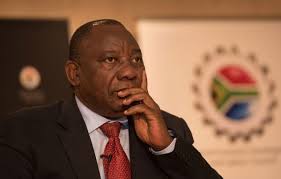Development economist, Dr. Ken Igboanugo has traced rising drop in capital imports to shocks emanating from fear-laden build up to 2019 elections.
He said due to fears already built into the minds of portfolio foreign investors, there has been a lull in the business uptakes of investors and the scenario is not good for the economy that has been struggling to truly exit recession since last year.
Last week, the National Bureau of Statistics’ (NBS) capital importation report for the second quarter of 2018 shows that total capital imported during the period stood at USD5.51 billion, representing a 207.62% y/y increase from the USD1.79 billion recorded in Q2-17.
However, on a q/q basis, total capital importation fell 12.53% (vs. NGN6.30 billion in Q1-18) – the first q/q decline since Q1-2017. In terms of contribution, consistent with the previous quarter, Portfolio Investment (-9.76% q/q and +434.64% y/y to USD4.12 billion) accounted for most (74.7%; previously 72.4%) of the inflows into the country in the review period.
Analysts at Cordos Capital said weekend that Foreign Direct Investment (FDI) was up 5.97% q/q but lower 4.75% on y/y basis. Over the rest of 2018, we believe capital importation will decline further, with portfolio inflows, which constitute the bulk of capital imports, expected to slow down amidst (1) uncertainty ahead of the 2019 general elections, (2) monetary policy normalization across developed markets, and (3) global trade war fears.
A review of key economic activities last week showed dropping intensity in major economic indicators including treasury bills market which were bullish, as still-healthy system liquidity supported demand.
Yields shed 5 bps on average, w/w, to close at 12.15%. Investor sentiment was positive at the mid (-11 bps) segment, while selloff ensued at the short (+4 bps), and long (+15 bps) ends of the curve, amid demand for 97DTM (-45 bps) bill and sell pressure in the 20DTM (+97 bps) and 223DTM (+20 bps) bills, respectively.
Yields are expected to drop in the meantime, supported by expected buoyant system liquidity. At the NTB auction scheduled for next week, the CBN will offer NGN206.95 billion – NGN24.96 billion of the 91-day, NGN44.99 billion of the 182-day, and NGN137.00 billion of the 364-day – worth of bills to the market.
Though activities at the bond market was bearish, as average yield inched up 1 bp w/w, to close at 14.55%. Yield expansion at the long (+23 bps) end of the curve, outweighed contractions at the short (-10 bps) and mid (-3 bps) segments, following selloff of the APR-2037 (+73 bps) bond, and demand for the JUL-2021 (-25 bps) and FEB-2028 (-8 bps) bonds respectively.
Still last week, foreign reserves declined further during the week, by USD115.69 million to USD46.26 billion, despite absence of the apex bank’s conventional weekly interventions into the FX market. However, the naira remained stable during the week, with the USD/NGN pair closing flat at NGN360 in the parallel market for the sixth consecutive week, and strengthening by 0.04% to NGN362.35 in the I&E FX window. Total turnover in the IEW, in the holiday-shortened week, stood at USD238.92 million, with 99.25% of trades consummated within the NGN360-369/USD band. In the FX forwards market, the NGN/USD appreciated in the 1-month (+0.06% to NGN365.23) and 6-month (+0.08% to NGN383.32) contracts, while it depreciated in the 3-month (-0.03% to NGN371.80), and 1-year (-0.13% to NGN4704.78) contracts.









